
WHO CAN APPLY TO BECOME A FOSTER PARENT?
According to Gov.uk, around three quarters of looked after children live in foster care with foster parents. Thinking about becoming a foster parent can feel daunting, but it’s also an incredibly rewarding experience.
WHO IS ELIGIBLE TO BECOME A FOSTER PARENT?
The short answer is that anyone who is over the age of 21, with a SPARE ROOM, plenty of energy, a sense of humour, the desire to learn and develop their skills, and a lot of love can become a foster parent. There’s no upper age limit, or financial eligibility – all you need to do is to be able to provide children with a stable, loving background.
It’s not necessary to be in a relationship to be a foster parent or to have your own children. You’ll only need to be able to make the commitment to support your placed child, with support from a team of other professionals.
Children needing foster care come from a diverse variety of backgrounds and foster parents come from a broad mixture of backgrounds too. It’s important that you can empathise with a child’s situation and give them a loving home for the time they’re with you. This could be a short term, temporary situation, or a longer term arrangement.
DO I NEED TO BE A UK CITIZEN TO BECOME A FOSTER PARENT?
It’s not necessary to be a British citizen to be a foster parent in the UK, but you will need to be a full-time resident, or have indefinite leave to remain.
HOW DO I BECOME A FOSTER PARENT?
The process of becoming a foster parent usually takes about 3 -4 months with Ascent. The process starts with a telephone conversation, followed by a home visit from a member of the Ascent team. A formal assessment will then take place, with input from a social worker. It can seem an overwhelming process, but the Ascent fostering team will be here at every step of the way to talk you through it. Click to see out Journey to becoming a therapeutic foster carer.
DO FOSTER PARENT GET ANY FINANCIAL HELP?
Every foster carer will receive a weekly allowance to help them with the costs of caring for a child or young person, including clothing, food, and pocket money. Ascent also offers additional financial support for holidays and 21 days paid respite PA.
The amount you receive will vary depending on the age and complexity of the child, and the individual agency’s rates. Foster carers are treated as self-employed for tax purposes. There is a specific tax scheme foster carers can use called Qualifying Care Relief. The scheme calculates a tax threshold unique to the fostering household which determines if a foster carer has to pay any tax from their fostering.
The Ascent Fostering website is full of information about the whole journey of becoming a foster carer. We also offer online information sessions about fostering, which are a great way to find out more.
If you would like to find out more about how to becoming a foster carer, please click here and we’ll give you a call, or alternatively call us on 020 3 757 0070 or join us for one of our open mornings.

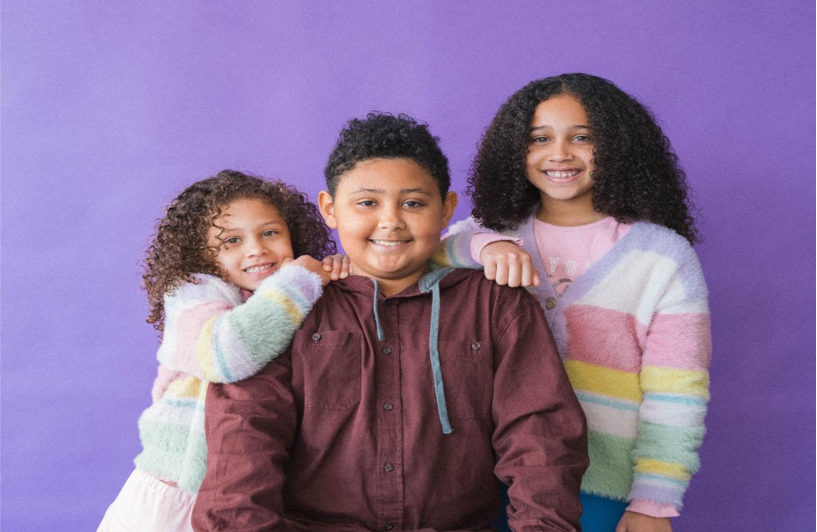
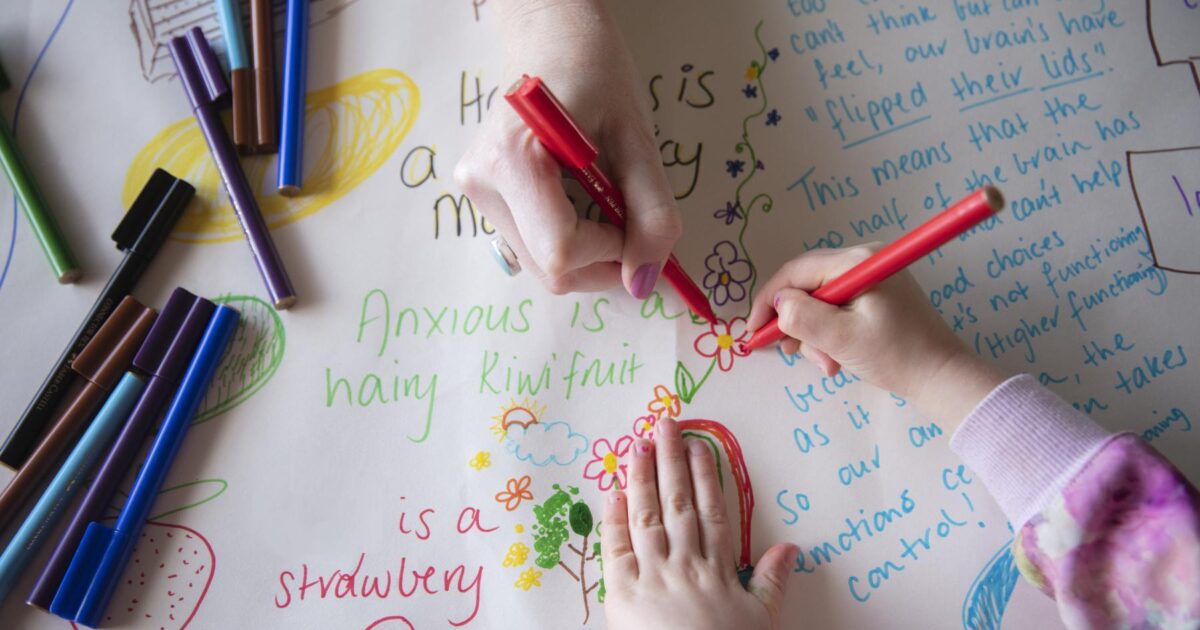





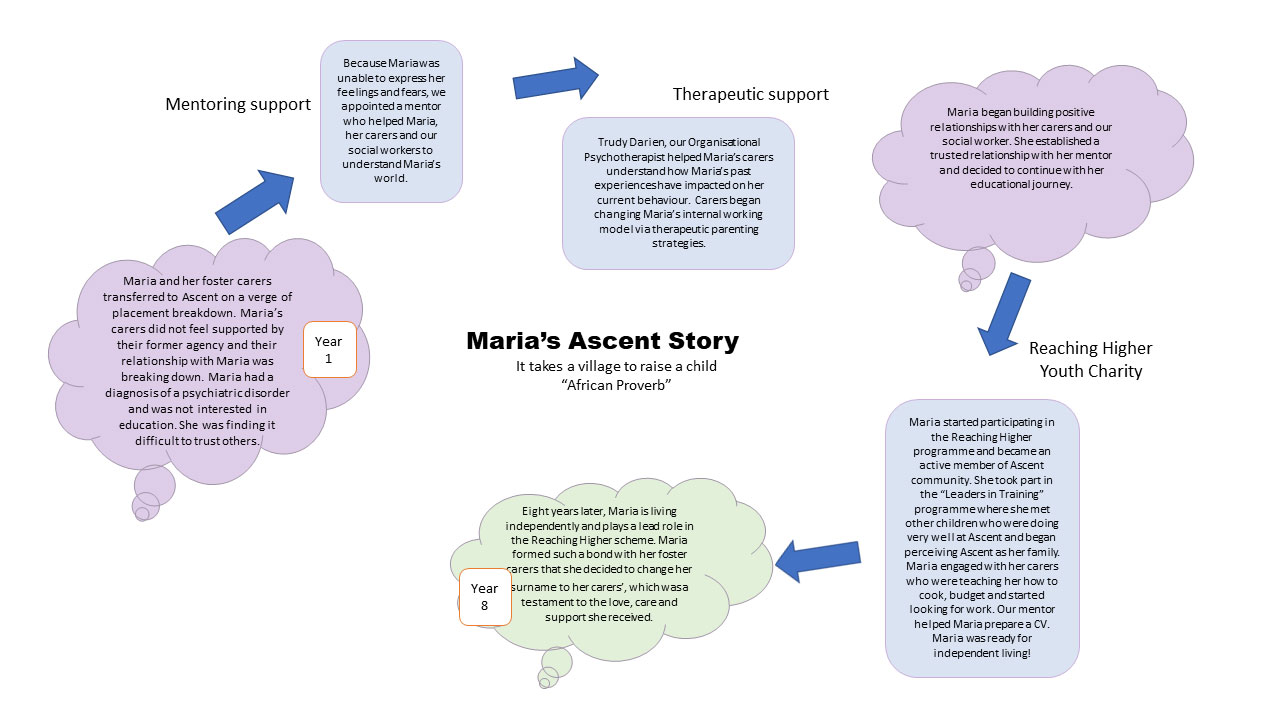

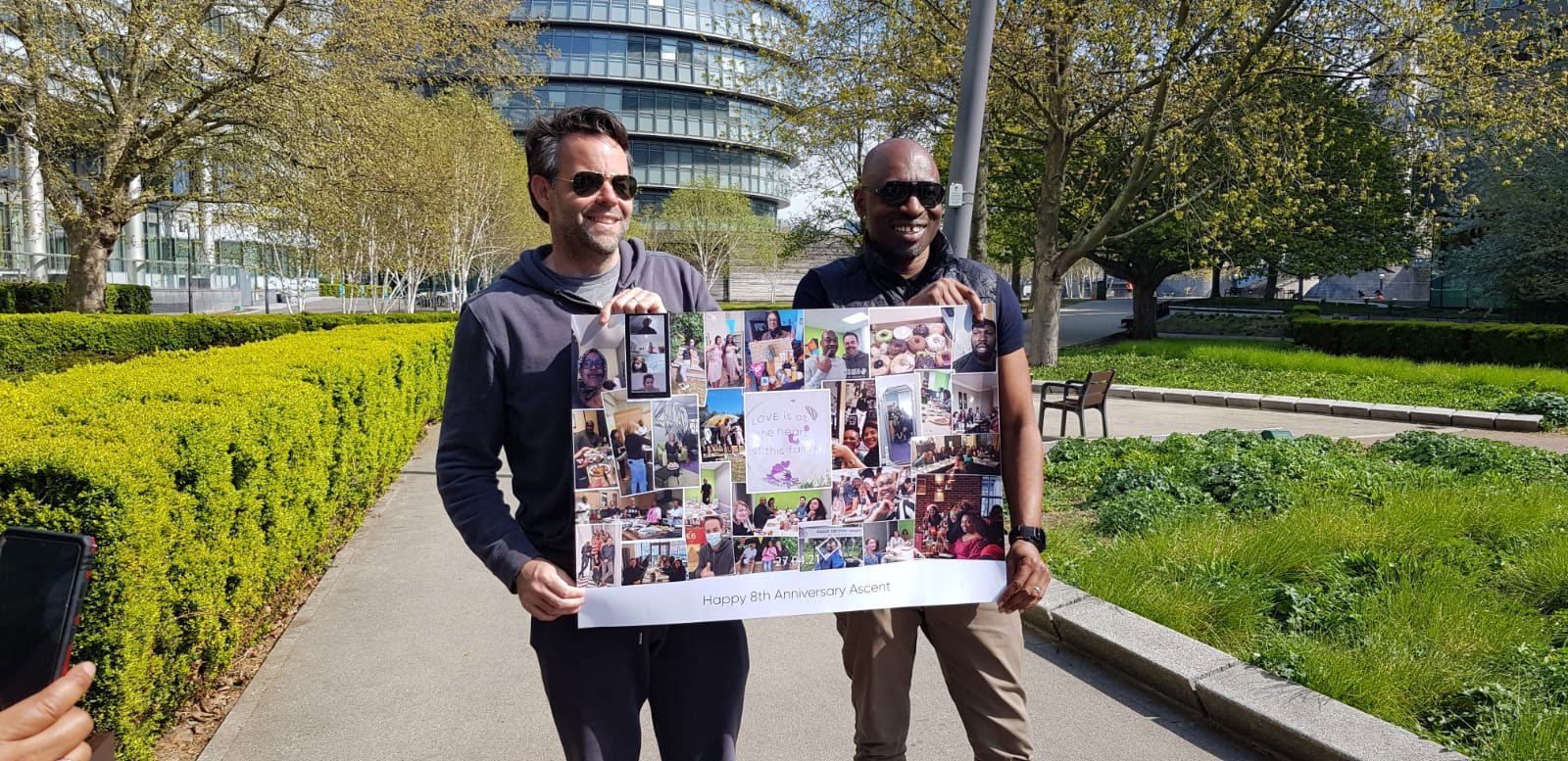
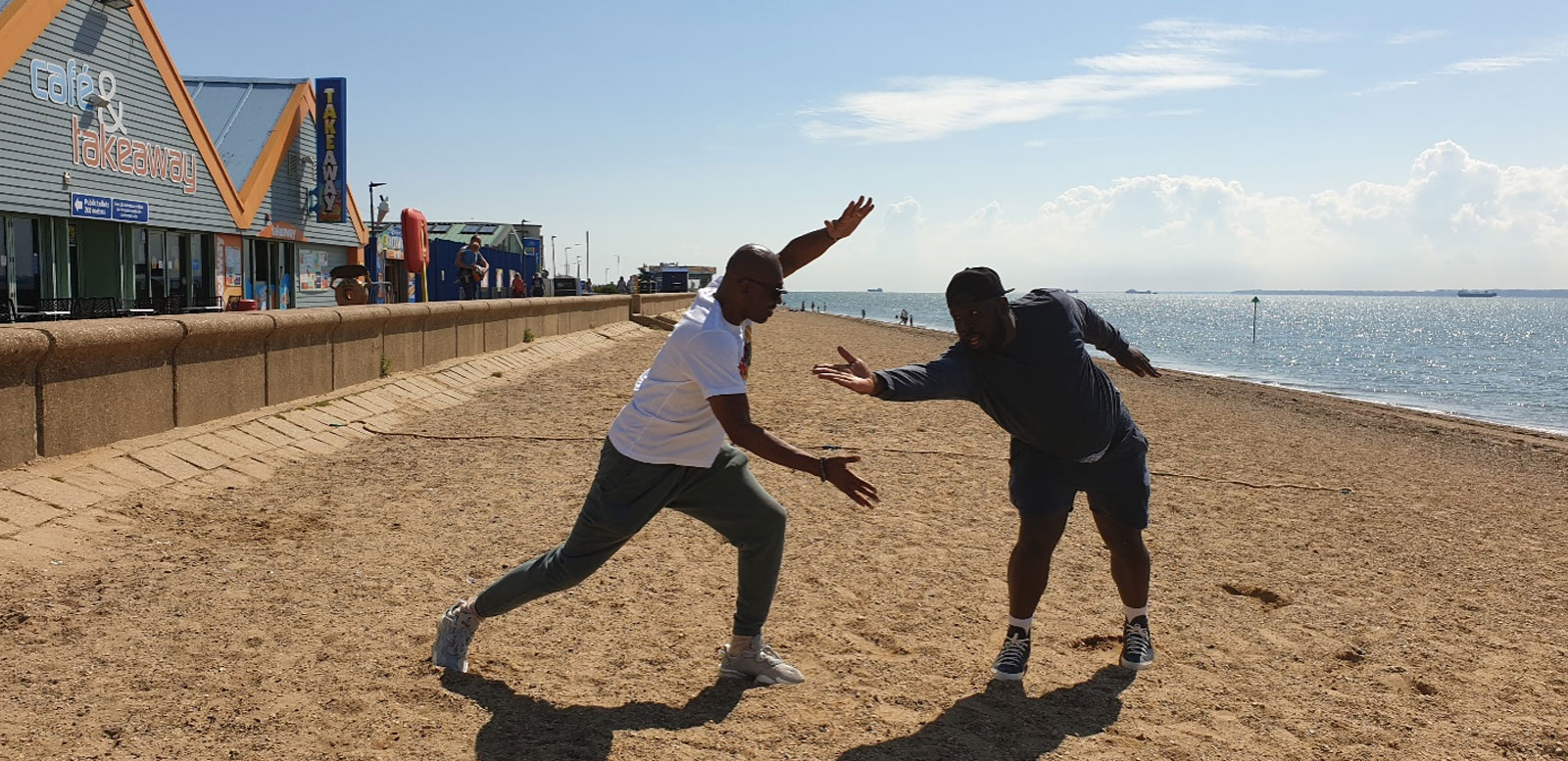


Recent Comments